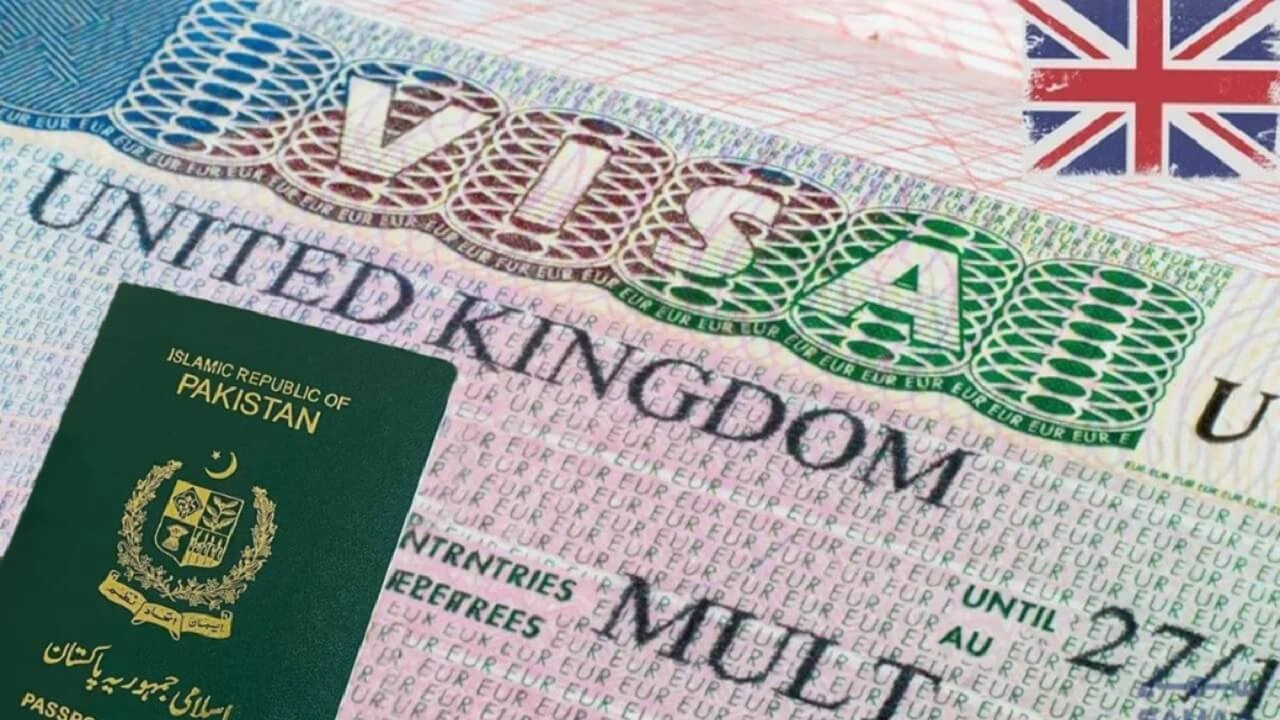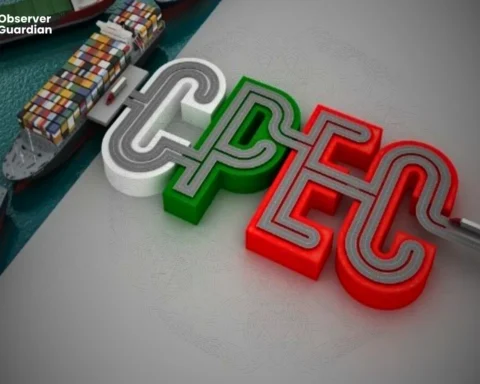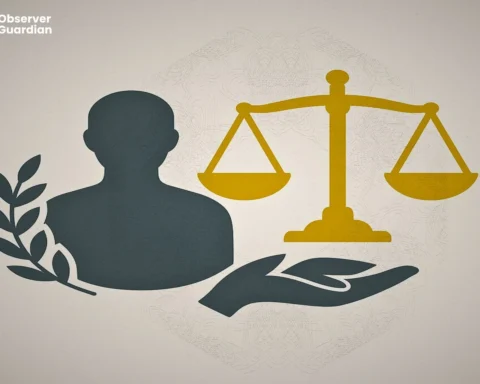The UK made a big adjustment to its immigration policy on July 15, 2025, when it started offering e-Visa services to Pakistani citizens who wanted to come to the UK for a short-term job or study. This new digital visa procedure is for anyone who wants to remain in the UK for less than a year. It shows a bigger change in UK immigration policy toward making things easier, more secure, and more digital, particularly for students and skilled workers. This change in policy is not only an improvement in how things are run, but it also opens the door to better educational and professional relations between the UK and Pakistan, where thousands of students and workers go to the UK every year.
Pakistani students may now apply for e-Visas in the UK beginning on July 15. They don’t need to send in their passports or go to visa offices to do this. This digital change makes things go faster and makes them safer and more convenient.
The UK government’s choice to do rid of paper documents from the short-term visa procedure is a huge step forward in how people move about in the 21st century. Pakistani students and professionals used to have to go through a lengthy and complicated procedure that included going to visa facilities in person, sending in their original passports, and waiting a long time. Now, anyone may finish the e-Visa procedure completely online. It’s no longer necessary to send paperwork, make appointments, and wait in line at immigration facilities.
This strategy isn’t only about speed; it also makes applicants safer. Losing or delaying a passport, which used to be a big problem, is now much less of a problem. Also, this enhanced digital accessibility removes physical and logistical constraints for students from rural or distant parts of Pakistan. It makes it easier for everyone to take advantage of global possibilities that used to be hard to get because of red tape.
Pakistani students may now go to the UK with merely a digital visa that is connected to their UKVI account. There is no need for actual stickers, which speeds up admission into the UK. This new idea doesn’t stop at getting a visa; it goes all the way to the UK airport gates. Connecting the visa to a UK Visas and Immigration (UKVI) account makes the travel procedure go smoothly. No more visa stickers taking up space in your passport or worry about losing or damaging them. Immigration inspectors may easily check and scan a digital record. This speeds up the procedure at border control and lowers the chances of making mistakes while checking documents.
Every level of efficiency matters for the students who are jumping off flights into a new place. Taking away visa stickers takes away a source of stress. This digital-first strategy brings the UK up to date with how people travel these days, when mobile boarding cards, e-passports, and QR codes are already ubiquitous. It’s a sensible and good next step.
Now that this is in place, students may apply for scholarships, fellowships, and conferences right away by only submitting their E-Visa as verification. The academic community is already feeling the effects of this transition. Many scholarship, fellowship, and academic conference applications that are due soon need verification of visa status. Students used to have trouble meeting tight deadlines since they had to wait for their real visa to be printed and sent. All you need to do to show that you qualify for an e-Visa is submit a digital file.
This is especially important for early-career academics and postgraduate students from Pakistan who frequently need outside support and opportunity to go to overseas meetings. The new technique makes them more competitive on a worldwide basis. This also helps Pakistan’s scholarly presence on international forums, which is good for the country. The UK Home Office has made it easier for people from Pakistan to get student visas by putting the procedure online. The move is a big improvement in how easy it is for users to access and utilize the site.
What sticks out the most about this adjustment is that it shows that the people making the decision understand the applicant’s path, not only from a bureaucratic point of view, but also from a human point of view. The UK Home Office is admitting that the previous method didn’t work well, left certain people out, and didn’t fit with today’s digital-first society. They have greatly enhanced the process for Pakistani applicants by making e-Visas a reality.
This isn’t just about checking off boxes or doing what your country says you must do. It’s about making dreams come true. The easier it is for a student to get into the UK, the better they will be able to do in their new surroundings psychologically and emotionally. There is a lot of evidence that early experiences abroad may have a big effect on academic or career success later in life. The UK is providing Pakistani students a significantly better chance to succeed by making things less stressful, less complicated, and less time-consuming.
The e-Visa system is more than just a shift in legislation; it’s a step forward that acknowledges how international travel is changing. Even while it only applies to short-term students and professionals for now, we may expect that it will lead to further digitalization in other visa categories. The UK has made a clear move to make it easier for people from Pakistan to move there legally with fewer problems and more respect.
This project also sends a clear message: the UK recognizes Pakistani talent and wants to break down barriers instead of building them. It shows that the two countries are on the same diplomatic page, which might lead to further cooperation in education, research, and skilled labour. In the end, this method is a good example for other nations to follow when it comes to making immigration procedures easier and encouraging international interchange. The UK’s e-Visa rollout for Pakistan is a timely, important, and praiseworthy innovation in a world where bureaucracy too frequently gets in the way of opportunity.








